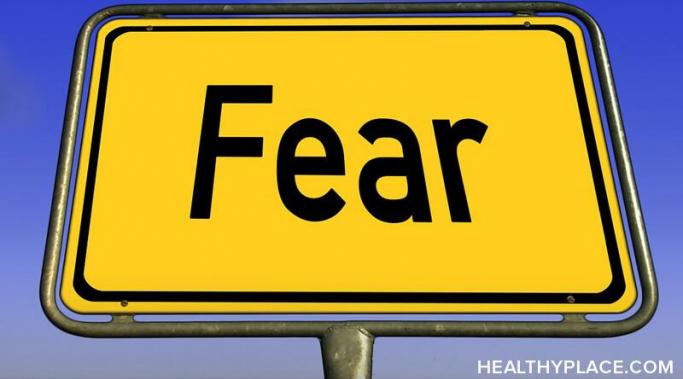As autumn — or fall — arrives after the scorching summer, I gladly welcome it as the season of gratitude. Whether it's the feeling of relief as the oppressive heat and humidity fade away or eager anticipation of the seasonal foods that become available, it always fills me with an overwhelming sense of appreciation. For me, fall is the season of gratitude.
Feelings and Emotional Intelligence
There is a heart and mind connection. When you think of emotions, do you imagine them coming from the heart or mind? Or do you consider the heart and mind to be an inseparable whole? Examining how we talk about the heart and mind connection can teach us much about our beliefs. Can it also help enhance our experience of bliss and wellbeing?
Change can be powerful. Finding ourselves stuck in a rut, unable to see any alternative to our current situation, can lead to frustration and dissatisfaction. Could bringing joy and mental refreshment back into our lives be as simple as shaking up our daily routine and embracing the power of change?
Sometimes, the chaos of life feels so insurmountable that taking advice from another human just won't do—the wisdom needed is beyond the scope of mere mortals. In times like these, a vaster source is necessary. If you're secular and starting to get antsy at the sound of this, don't worry. I'm not talking about your typical humanoid deity. I'm talking about the ocean.
Sometimes you need to surrender to yourself. I learned this recently in the most unusual way. To jump right into it: I can't orgasm. Well, that's not entirely true. I can orgasm by myself with relative ease, but I can count the number of times I've orgasmed with another person on one hand, and most of those occasions have been helped along by technology. For a long time, I figured it was just my anatomy; some bodies were built to orgasm, but mine was not. I had other things going for me—it was what it was.
Fear is an emotion I used to view in a negative light. However, understanding how fear influences my emotional state has helped me to harness its power and use it to my advantage. In certain situations, overcoming fear helps me achieve my goals, contributing to feelings of accomplishment, happiness, and a more vibrant life experience.
As my school year draws to a close, the notion of letting go is front and center on my mind. May is always a poignant month for a teacher, but this May has been particularly heavy as I prepare to leave the world of education behind and embark on a new career path. I will miss my students dearly and the person I have become under their tutelage, but as we march toward the last day of school, I am more and more ready to let go of who I have been in order to make space for who I will be.
Generally speaking, I'm not a very good liar, but I am excellent at lying to myself. I count myself amongst the majority in this department. Most people value honesty and seek to use it in their relations with others, but when it comes to themselves, they may be so adept at deception that they don't even know they're doing it. But self-honesty and not lying to yourself matters.
I celebrate life's journey -- some days more than others.
One of the best pieces of advice I've ever received was to stop trusting my emotions, which means, don't trust my gut. I had gone to see an acupuncturist with a strained back and an abundance of curiosity. He palpated my ovaries, eyelids, and the like for a half minute before diagnosing my issue as one of emotional over-indulgence. He stuck a couple of dozen needles in me, left me alone for 20 minutes, and returned with his treatment plan. "You shouldn't trust your gut so much," he suggested and sent me on my way.









